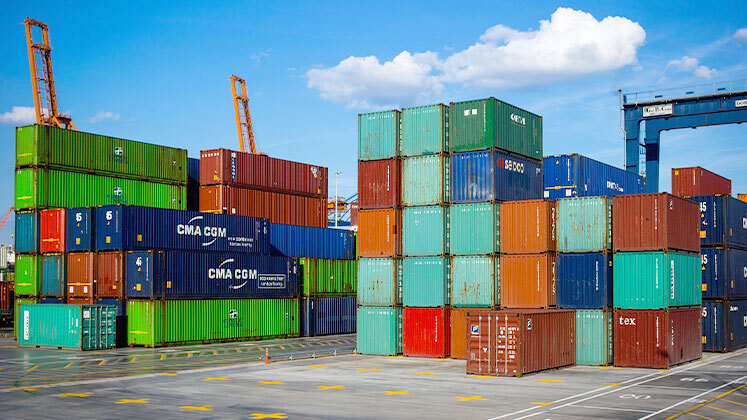Bangladesh’s ability to swiftly navigate the changing global trade landscape will determine the country’s next stage of development. The nation may fall into the middle-income trap if its export industry is not technologically advanced and diversified.
The statement was made by Masrur Reaz, Chairman and CEO of Policy Exchange Bangladesh, during his keynote address on ‘Leveraging the Power of Global Markets: Why Export Competitiveness and Diversification Matter for Bangladesh’ at the second session of the Economic Reform Summit 2025 on Monday at a city hotel.
Voice for Reform, BRAIN, Innovision Consulting, Fintech Society and Nagorik Coalition collaborated to organise the conference.
As per Masrur Reaz, over the past four decades, although exports from Bangladesh have grown nearly tenfold, they have become too much dependent on the readymade garment sector. While other sectors like leather goods and home textiles account for only 5%, RMG sector alone now contributes more than 81% of total exports.
He stated, “Such a narrow export structure exposes our economy to serious risks — especially when preferential market facilities will diminish after our graduation from LDC status.”
He revealed that once LDC graduation happens, Bangladesh’s apparel exports could face tariffs of 11.6% in the European Union, 16.2% in Canada and over 22% in India. Overall exports, therefore, might reduce by as much as 14%.
Masrur Reaz declared that reform was urgently needed, saying that “reducing logistics costs by 25% could increase exports by up to 20%”. He called for the immediate prioritisation of trade process automation, skills development, FTA negotiations, infrastructure development and the creation of regional economic corridors.
Syed Nasim Manzur, Managing Director of Apex Footwear Limited suggested that rather than focusing on too many priority sectors, the government should set specific goals for two to three. He also voiced concerns about needless corporate expenses, pointing out that taxes ought to be levied on earnings rather than turnover since the latter places extra strain on companies.
He further emphasised the need to improve the country’s logistics facilities to facilitate business operations and reduce overall costs.
Managing Director of Shasha Denims, Shams Mahmud, averred that the government should develop policies proactively because of the rapidly changing global economy and LDC graduation challenges.
He further stated that the textile sector has potential which are untapped and therefore enterprises should be encouraged through government policies to adopt new technologies for man-made fibres (MMF), supported by long-term financing and energy security.
Shams Mahmud is also of the view that the textile education curriculum should be designed to address the demands of the future industry and that taxation should be based on actual income rather than turnover.
Escape Bags’ Founder and Managing Partner at RMS, Rasha Khan, stated that the company is dealing with a number of difficulties as a start-up, such as hefty import duties on raw materials, the high cost of maintaining compliance and the cost of getting multiple certifications.
She went on to say that around 80% of their raw materials must be imported without a bond license. “If the government provides policy support for start-ups, it would help us grow and diversify exports,” she stated.







